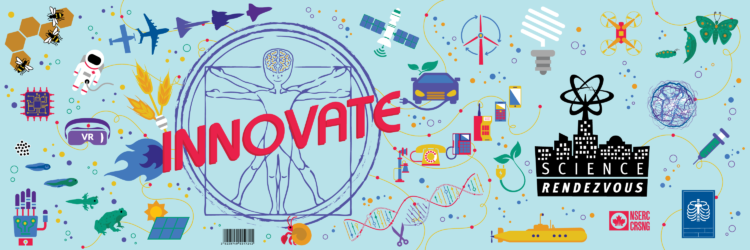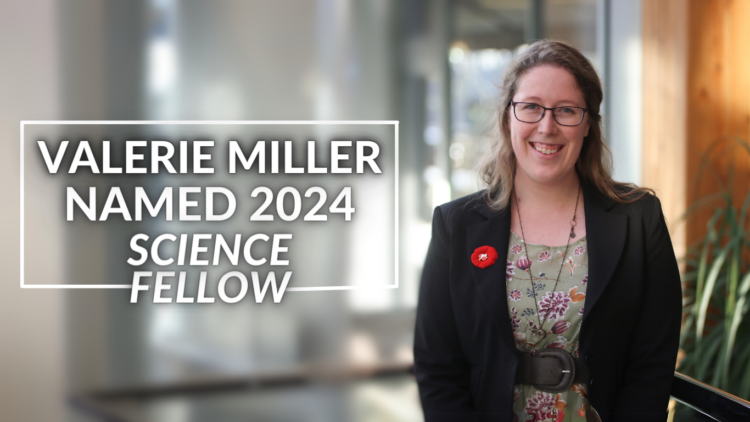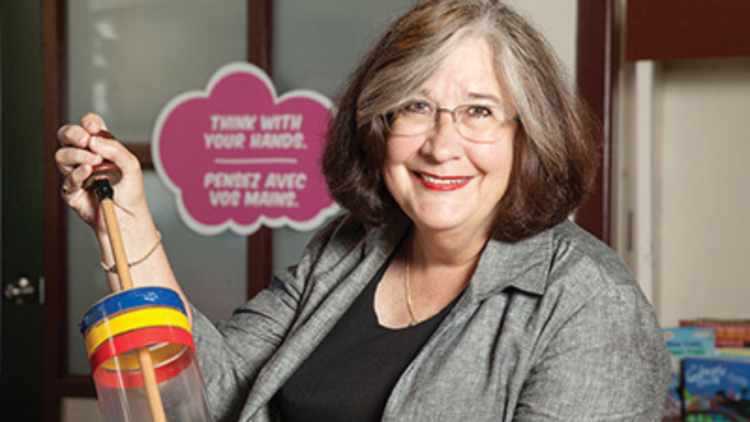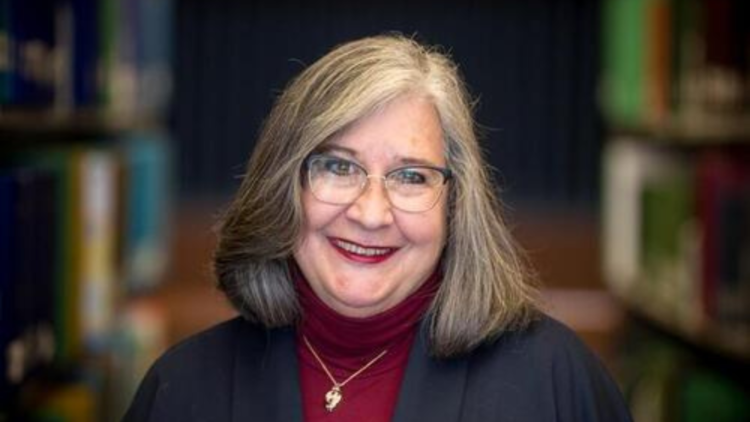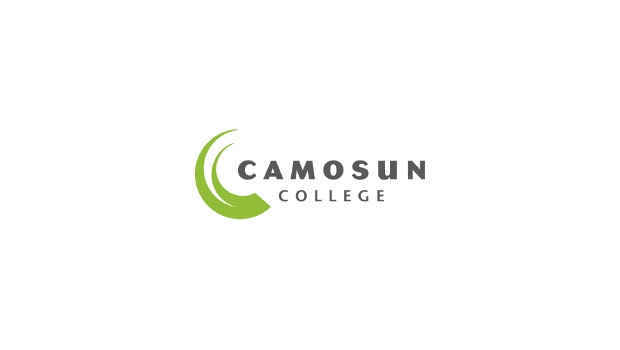Canadians are making significant contributions to the global efforts against COVID-19 and we at Science Rendezvous want to celebrate and spotlight the important work they are doing.
Just 20 days after obtaining the virus gene, Medicago announced they were on the first step to developing a vaccine for COVID-19! This first step involved producing what is called a Virus-Like Particle (VLP). VLPs share the same capsule structure as the virus, but don’t have the genetic material that viruses use to replicate. This innovative approach means that our bodies will respond to the VLP just like they would with a natural infection, but the lack of genetic material potentially lowers the risks associated with vaccines. Now, the VLP will go through its first phase of testing.
The Quebec-based biopharmaceutical company behind this vaccine is also a leader in plant-based technology, which contributed to its progress in the potential COVID-19 vaccine. Their name fittingly draws its inspiration from alfalfa, the first plant they worked with and whose Latin name is Medicago. And their mission? To improve global health using innovative plant-based technologies to rapidly respond to emerging global health challenges.
Why plants? Plants are great mini factories for proteins, which both vaccines and viruses are mostly made of! Plant-based vaccines can be produced affordably in very high amounts, while the process is rapid, accurate, and versatile. Moreover, production can be easily expanded as one plant requires the same growth conditions as 10 000 plants. Proteins produced by plants also tend to be stable and can usually be stored for long periods of time.
Now, the Government of Quebec and the Government of Canada are helping to fund the development of the vaccine, which will help move the vaccine to the next phase of testing and support the scaled-up production in response to the pandemic.
But that’s not atll! Medicago is also using their plant-based technologies to develop antibodies, which are immune system proteins that recognize viruses, to potentially treat people infected by the COVID-19 virus. The collaboration with Laval University headed by Dr. Gary Kobinger, who helped develop a vaccine and treatment for Ebola, is funded, in part, by the Canadian Institutes for Health Research.
The team at Medicago is only one of many across Canada at the forefront of COVID-19 research.

